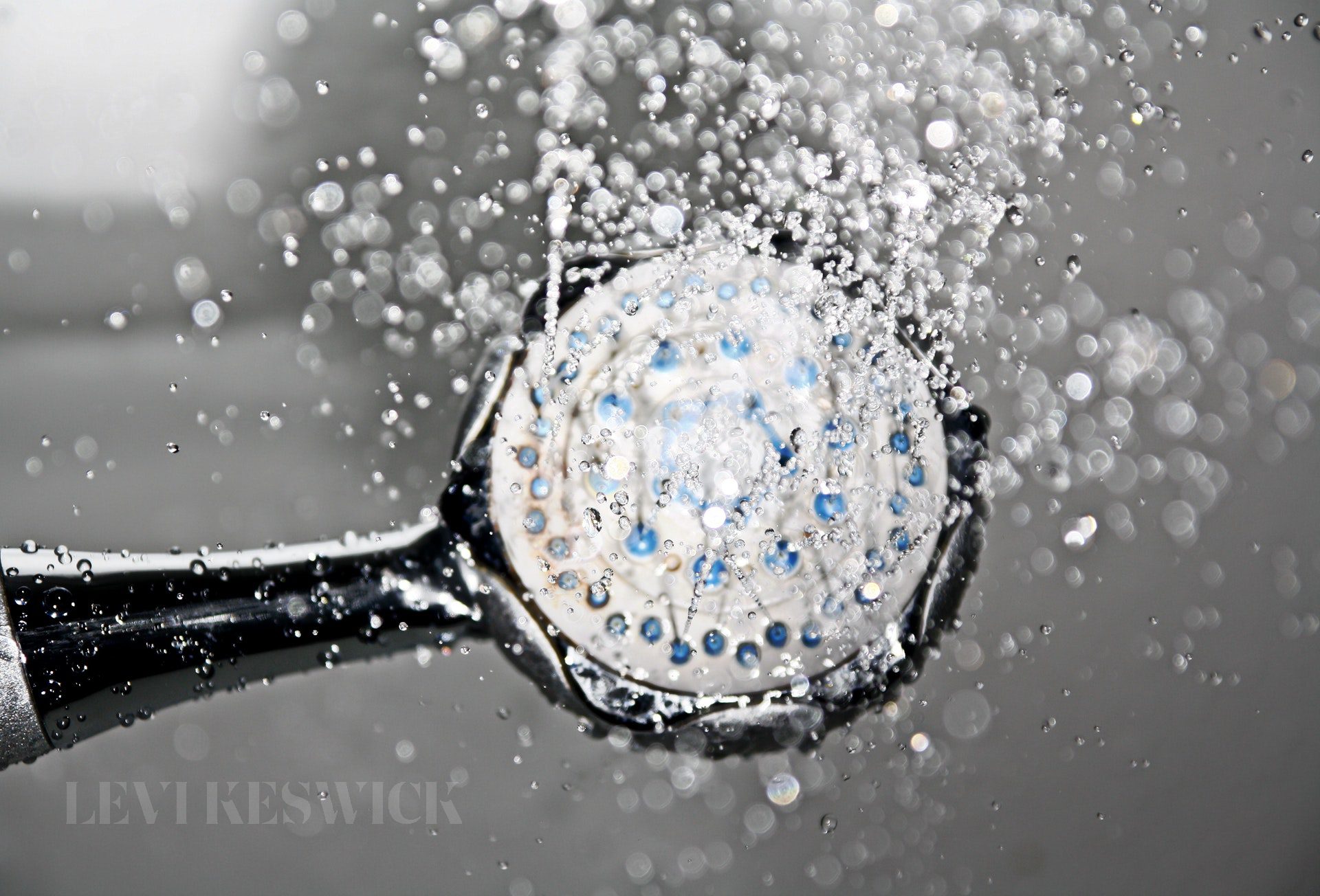Water heaters last a long time, but even the most well-made ones will eventually succumb to wear and tear. Every water heater will ultimately leak. A leaking water heater does not necessarily indicate that it must be replaced; nevertheless, you should take action to stop the leak and prevent any additional harm. Even a little bit of leaking water might cause considerable damage, so keeping an eye on the problem as soon as possible is critical. There are things you can do to limit the spread of the leak and extend the life of your water heater for a while longer. Here are some ideas:

1. Find Out Why It Is Leaking
The first step is to find out why the water heater is leaking. This can be done by checking the pressure valve, inspecting the seams and fittings, and looking for any cracks in the tank. Check your surroundings for any signs of water damage, such as pooled water or mold growth. If you cannot determine the source of the leak, call a professional to take a look. There are various reasons that a water heater might leak which you can learn more about on this website and see how to deal with your issue. Over time, the fittings and valves will loosen and corrode, and the tank itself will become brittle. These problems are compounded if the water in your area is particularly hard. If you have an old water heater, it is probably time to start shopping for a new one.
2. Turn Off The Water Heater
Once you have located the source of the leak, the next step is to turn off the water heater. This will prevent any more water from entering the tank and causing damage. Locate the shut-off valve on the water heater and turn it to the “off” position. Once the valve is turned off, no more water will be able to enter the tank. Your water heater tank should have a dedicated shut-off valve. If you cannot find it, or if it is broken, you can turn off the water to the entire house. This will stop water flow to the tank and prevent any further leaks.
3. Drain The Tank
Once the water heater is turned off, you will need to drain the tank. This can be done by attaching a hose to the drain valve and running it outside. Be sure to open all of the faucets in your home before draining the tank, as this will allow air to enter and help with the draining process. Alternatively, you can drain your tank using the following steps once the water and power have been turned off:
- Remove the access panel on the tank
- Locate the drain valve at the bottom of the tank
- Turn the valve to the “open” position
- Allow the water to drain completely
- Close the valve when done
4. Repair The Leak
If you can locate and repair the source of the leak, do so as soon as possible. This might involve tightening a fitting or replacing a valve. Be careful when working with water heaters, as they can be very dangerous. If you are not comfortable repairing the leak yourself, call a professional.
Having an expert look at your water heater is always a good idea, even if you think you know the problem. They will be able to locate and fix the issue quickly, and they might even be able to extend the life of your water heater.

5. Replace The Water Heater
If the leak cannot be repaired or the water heater is too old and damaged, it will need to be replaced. This is a big job, so it is best to call a professional. They will be able to dispose of your old water heater properly and install a new one quickly and efficiently. Installing a new water heater is not a difficult task, but it does require some knowledge and experience. If you are not comfortable doing it yourself, call a professional.
6. Take Preventative Measures
Once you have your new water heater installed, there are some things you can do to prevent future leaks. Be sure to regularly check the pressure valve and drain any sediment collected in the bottom of the tank. This will help to keep your water heater running smoothly and prevent future problems. It would help if you also had your water heater serviced by a professional every few years. They will be able to inspect it for any potential problems and make any necessary repairs or replacements.
Water heater leaking can be a severe problem, but it can often be fixed with some work. Call a professional if you cannot repair the leak or replace the water heater yourself. They will be able to quickly and efficiently resolve the issue. The above-listed tips can help prevent future leaks and extend the life of your water heater.












